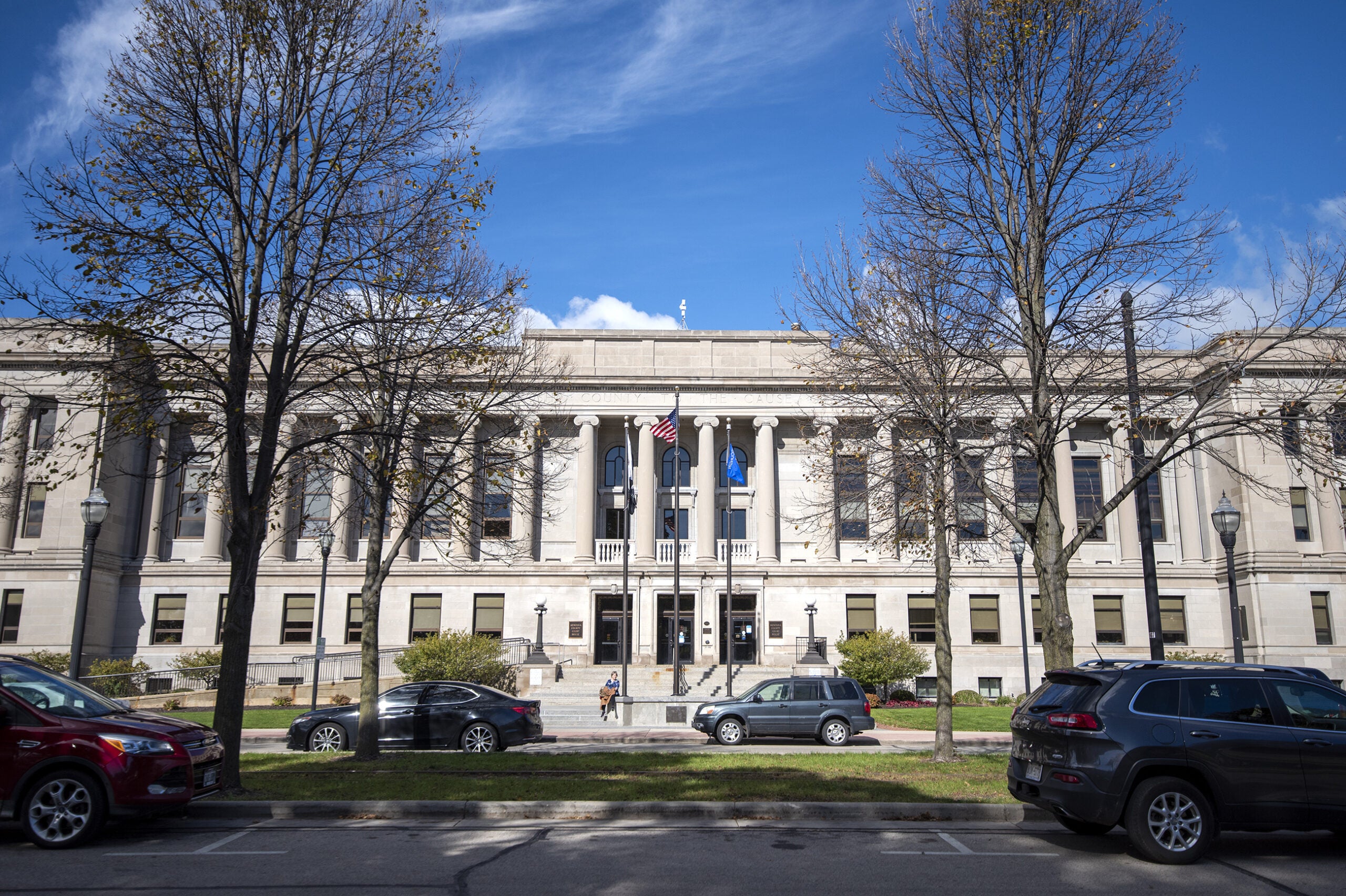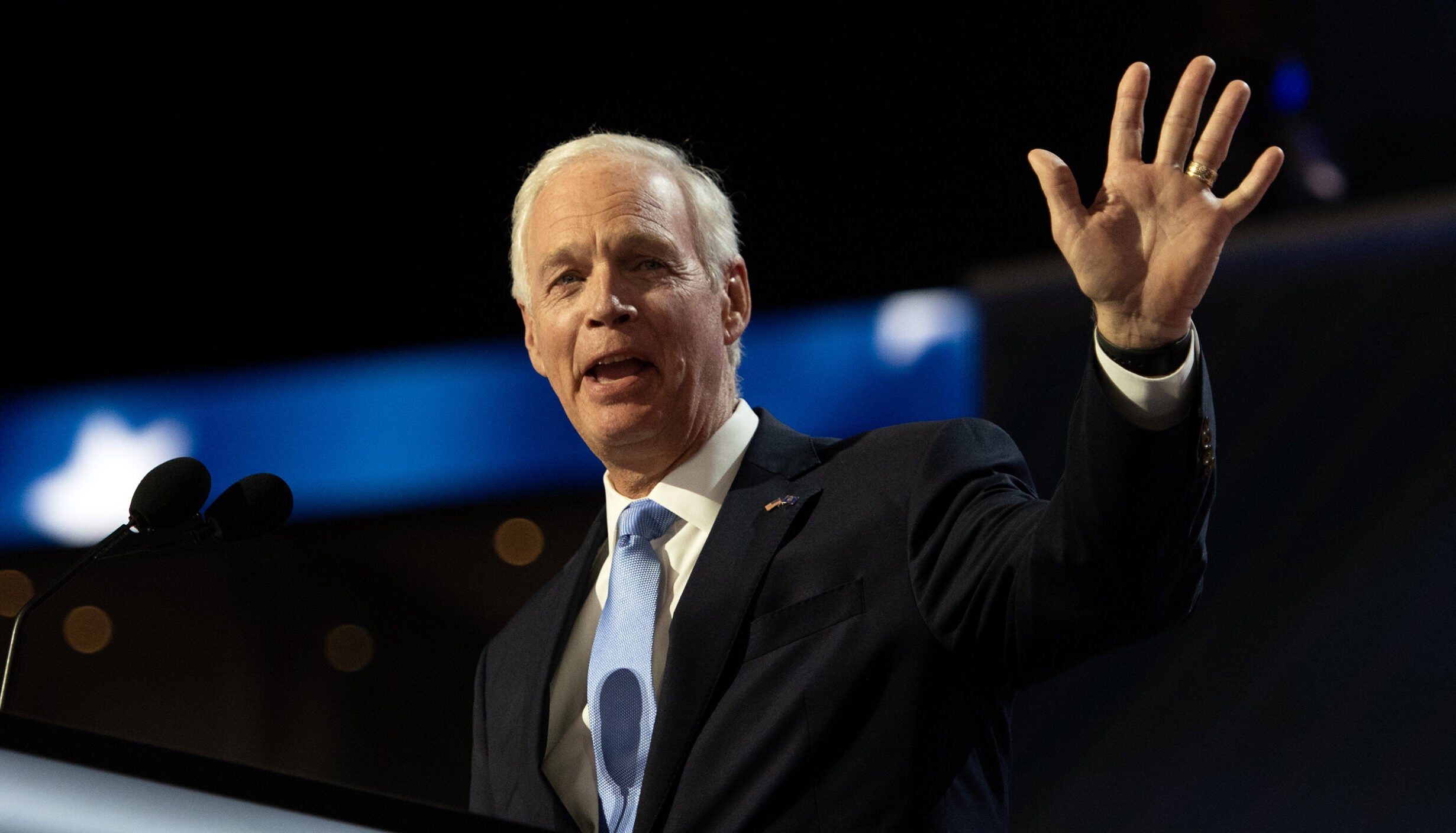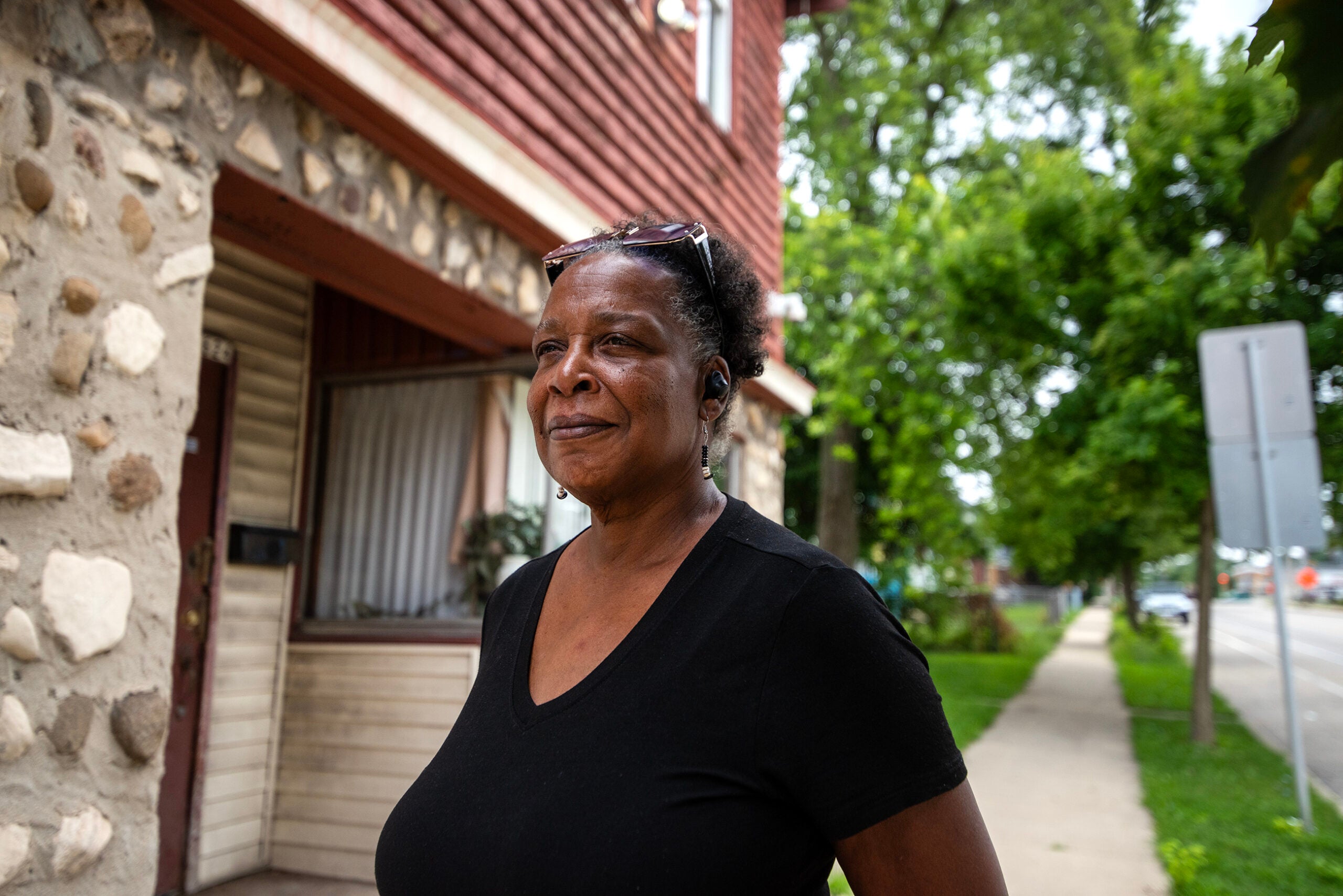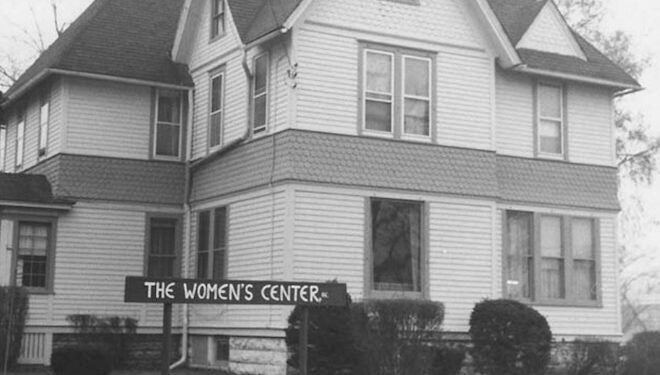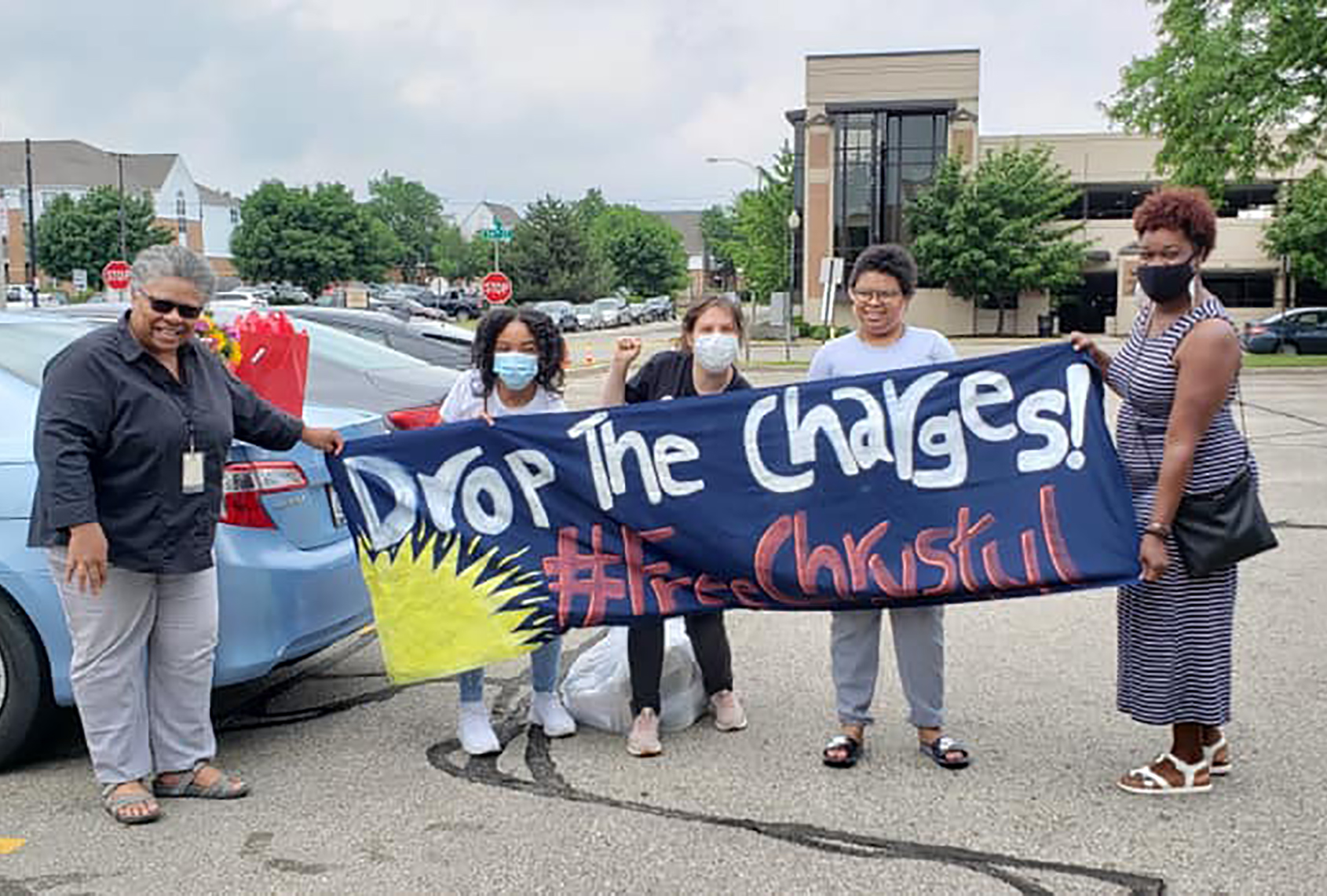Chrystul Kizer has been sentenced to 11 years in prison followed by five years of extended supervision after pleading guilty to killing a man who sexually abused her when she was a minor.
As part of that sentence, she’ll get credit for about a year and a half that she already spent behind bars.
Kizer, who is now 24, appeared Monday morning before Judge David Wilk in Kenosha County Circuit Court.
News with a little more humanity
WPR’s “Wisconsin Today” newsletter keeps you connected to the state you love without feeling overwhelmed. No paywall. No agenda. No corporate filter.
She was 17 when she shot 34-year-old Randy Volar III twice in the head, set his house on fire and fled in his BMW. In Wisconsin’s criminal justice system, 17 year olds charged with crimes are treated as adults.
The case brought international attention to the issue of sex trafficking, especially against Black women and girls. Kizer is Black and Volar was white.
Prior to plea deal, defense planned to use law shielding trafficking victims
In 2022, Wisconsin’s Supreme Court ruled Kizer’s attorneys could use a 2008 state law as part of her defense. That law shields trafficking victims from being prosecuted for crimes committed as a “direct result” of having been trafficked.
Had the case proceeded to trial, such a use of that law would have been unprecedented in Wisconsin.
In May, however, Kizer agreed to plead guilty to a single charge of second degree reckless homicide, which carries a maximum sentence of over two decades in prison.
By pleading guilty, Kizer admitted she engaged in “criminally reckless conduct” when she used a gun to kill Volar.
Kizer previously faced a slew of additional felony charges, including a first-degree intentional homicide charge, which could have resulted in a life sentence.
On Monday, Kizer’s public defenders asked Wilk to consider the abuse and fear Kizer suffered.
“While Chrystul has experienced great trauma and has been a long term victim of sex trafficking, there are resources,” State Public Defender Jennifer Bias said. “Chrystul is hopeful that the court can and will fashion a sentence that gives her the tools to deal with the trauma that I’ve talked about.”
But Kenosha County District Attorney Mike Graveley noted that Kizer brought the gun to Volar’s house, and said she planned the murder so she could steal his car. Graveley pointed to messages she sent about her plans leading up to the killing, including telling a friend, “I’m finna get a bwm.”
He also described how Kizer “bragged” about the killing online after the fact and suggested she was motivated by a desire to “essentially get famous.”
Judge: Kizer’s trauma doesn’t excuse her actions
Before handing down Kizer’s sentence on Monday, Wilk acknowledged her status as a victim of sex trafficking.
“The court is shocked and appalled at the repugnancy of Randy Volar’s actions,” Wilk said.
But, he said, that doesn’t excuse the seriousness of the violence Kizer committed against Volar, or the fact she put neighbors and firefighters in danger when she set Volar’s house ablaze.
“You are not permitted to be the instrument of his reckoning,” Wilk told Kizer. “To hold otherwise is to endorse a descent into lawlessness and chaos.”
Prison time, Wilk said, is necessary to protect the public, adding that he believes Kizer can get the rehabilitative services she needs while she’s incarcerated.
Wilk also said he’s troubled by differing accounts Kizer gave to law enforcement after the killing.
“Your relationship with the truth seems fluid and opportunistic,” Wilk said.
“You claim to some that there was a struggle. To others, you claim that you blacked out and have no memory.”
Graveley has said previously that he plans to seek restitution from Kizer to compensate Volar’s family. A hearing on restitution is set for Nov. 8.
At the time of his death, Volar was being investigated by Kenosha police for child sex trafficking. Police seized evidence, including videos, from his home months before Kizer shot him.
Had the case proceeded to trial, Kizer’s attorneys planned to show jurors video that Volar took of himself sexually assaulting Kizer and other girls. Wilk agreed in March that such evidence could be used, despite objections from prosecutors.
Bail jumping charges created pressure for plea deal
In the six years since her arrest for Volar’s murder, Kizer has spent much of her time in jail and prison awaiting trial.
In 2020, amid the rise of the #MeToo movement and protests against racial injustice, community groups secured Kizer’s release from the Kenosha County jail after raising the $400,000 needed to post her bail. That’s after Wilk agreed to lower her bond, which he previously set at $1 million.
But earlier this year, Kizer wound up back in jail after she was charged with disorderly conduct in Milwaukee after police said she threatened and tried to hit a man she had been living with.
That charge has since been dismissed, but Graveley described those actions as part of a troubling pattern of behavior.
“While on bond for a murder, she attacks him in front of the cops,” Graveley said, noting that police were able to intervene. “But … it’s, again, all the deception and lack of impulse control that speaks to dangerousness to the community.”
Bias, Kizer’s attorney, described that incident differently. She said Kizer’s involvement with the man was further evidence of how Kizer’s been affected by trauma.
“Being victimized leaves Chrystul open to victimization again,” Bias said.
A criminal complaint filed by Milwaukee County prosecutors says Kizer called police to the house and told them she had just learned the man was a registered sex offender.
“She also finds out that he has a probation or parole officer who tells her about his criminal past, including charges that indicate that he has been involved with children in a way that is inappropriate, and he has been ordered to stay away from underage people,” Bias said. “And this really enrages her.”
After that incident, authorities said Kizer violated the terms of her bond by fleeing to Louisiana without informing the court of her new address. She racked up additional felony bail jumping charges as a result of those actions, though the charges have since been dismissed as part of her plea deal in the homicide case.
Before Kizer accepted the deal, prosecutors had filed a motion, arguing that jurors should be allowed to consider evidence from the Milwaukee incident when deciding whether to convict Kizer in the homicide case.
Kizer’s attorneys ask for treatment, not lengthy incarceration
In documents and in court on Monday, Kizer’s defense team described a traumatic childhood, in which Kizer witnessed violence, lived for a time in a homeless shelter and was sexually abused by her mother’s boyfriend.
A social history submitted by Kizer’s attorneys also describes how, in the fall of 2017, two older women summoned Kizer to a parked car as she left school and convinced her to post herself Backpage.com as a way to make money. Backpage has since been shut down by the federal government.
Volar began sexually abusing Kizer after finding her through Backpage. He gave her cash and other gifts, and once paid her bail after she was charged as a teen for taking a car, according to court documents.
“He told me that l’d have to pay him back,” Kizer wrote in a letter to the judge. “After I was bonded out, he would set up dates with other men to have sex with me at different hotels. At that time, I never knew it was illegal for the things I was doing. At that point, I was only 16 going on 17. Randy gave me drugs so I could be comfortable with doing the dates.”
Under Wisconsin law, any use of a child in the commercial sex industry is defined as sex trafficking. Prosecutors admit that Volar violated that law when he paid Kizer for sex while she was underage.
“We in no way ask the court to consider Mr. Volar be blameless in this case,” Graveley said Monday. “We don’t pick our victims. Mr. Volar is a person deserving of our recognition in the justice system for the fact that his life was ended in this violent fashion.”
At the same, Graveley has said he does not have evidence that Volar trafficked Kizer to other men.
Bias, Kizer’s attorney, disputed that assertion.
“Chrystul reported that Randy would provide her with marijuana (for) comfort so that she could have sex and do whatever he wanted her to do, not only with him, but with the other men that he arranged for her to have sex with,” Bias said. “He trained her. (In) the videos that Randy Volar made of her, Randy talks about doing sex in a way that would be satisfying to those customers.”
In court on Monday, Kizer asked Volar’s family for forgiveness, and said she’s matured in the six years since she killed Volar.
When she met Volar, Kizer said she felt friendless.
“Randy could talk to me and gave me whatever I asked for, but I had to have sex with him to get what I asked for,” Kizer told the court. “At that time, I did not know that he was using me for my body.”
It’s clear from his actions, Bias said, that Volar groomed Kizer so he could continue sexually abusing her. She described how Volar took Kizer to restaurants and gave her money and a locket that Kizer treasured.
“He fed her, he listened to her and talked to her,” Bias said. “Chrystul talks about receiving enough money from Randall Volar that she was able to make her siblings happy by buying them all whatever type of dinner they wanted that first night.”
Case ignites conversations about trafficking, abuse against Black girls
In court Monday, Bias questioned why, at the time of his death, law enforcement officials allowed Volar to remain free despite mounting evidence he abused Kizer and other girls.
Black women and girls are more likely to be victims of sex trafficking, yet they often aren’t viewed as victims, Bias said.
“Black girls are not seen as victims of sexual abuse,” Bias said, citing a law review article. “Instead, police officers and prosecutors view Black girls as complicit in their own exploitation, despite the fact that they are not yet old enough to consent.”
Prior to Kizer’s sentencing, the National Black Women’s Justice Institute was among the advocacy groups to urge the judge to let Kizer receive “healing services” in lieu of prison time.
“Courts across the country criminalize Black women and girls for surviving abuse and sexual violence,” the group’s executive director, Sydney McKinney, wrote in a statement earlier this summer. “Incarceration only worsens and intensifies the harm, mimicking the coercive control and loss of bodily autonomy that sex trafficking survivors experience at the hands of traffickers.”
The statement also criticized Graveley, whose office filed charges against Kizer in 2018.
“The response of the prosecutor involved in this case is disappointing, infuriating, and unacceptable, yet unsurprising,” the statement said. “Whether states have laws on the books or not, we need prosecutors and judges to have deep compassion for survivors and to use their discretion to opt for healing-centered alternatives instead of punishment for girls like Chrystul Kizer, who was a child in an impossible situation fighting for her life.”
Claudine O’ Leary, an advocate and trafficking survivor, had hoped to speak in court on Monday on behalf of Kizer’s defense about services that would be available to Kizer if she were released into the community.
Wilk allowed such providers to submit written statements, but ultimately did not allow them to testify in court, noting the law doesn’t require that they be given time to speak.
O’Leary told WPR she was devastated by Kizer’s sentence on Monday.
“There’s so many ways in which the courts have failed Chrystul,” O’Leary said. “Our whole justice system has failed Chrystul.”
O’Leary said she’s in contact with people who’ve been incarcerated at Wisconsin’s women’s prison, known as the Taycheedah Correctional Institution. It’s clear, O’Leary said, that Taycheedah isn’t set up to support trafficking survivors.
“It’s almost like you’re putting your treatment needs on hold,” O’Leary said of the experience there. “The best that we can hope for is to be able to kind of support (Kizer) from a distance, to be able to get some of those needs met.”
In victim impact statements, Volar’s relatives ask for maximum sentence
Prior to Monday’s sentencing hearing, several of Volar’s relatives, including his father, Randy Volar, Jr., submitted victim impact statements, describing Kizer’s actions as premeditated murder and asking for the maximum sentence.
“Did he make mistakes? Did he have hidden sins of shame? Yes. Who among us doesn’t?” Volar’s aunt, Debbie Owczarzak, wrote to the judge. “But he is not here to tell his story. He is not here to make amends for any of his mistakes. He is not on trial; the defendant is, because Randy’s life was taken from him by the defendant. He is dead. He has no voice.”
Volar’s mother, Diana Volar, addressed her victim impact statement to Kizer. She submitted it as a three-page poem written in rhyming couplets.
“Someone pulled the trigger. Someone set a fire,” the poem said in part. “That no one would ever feel that pain would be my greatest desire. / Within these ‘Halls of Justice’, we seek that which is true. / ‘Rich white dude.’ ‘Poor white boy.’ Who sat in front of you? / Some may judge. Color they may only see. / We choose not our friends by color in my family.”
Volar’s family did not ask to speak in court on Monday.
Wisconsin Public Radio, © Copyright 2026, Board of Regents of the University of Wisconsin System and Wisconsin Educational Communications Board.

